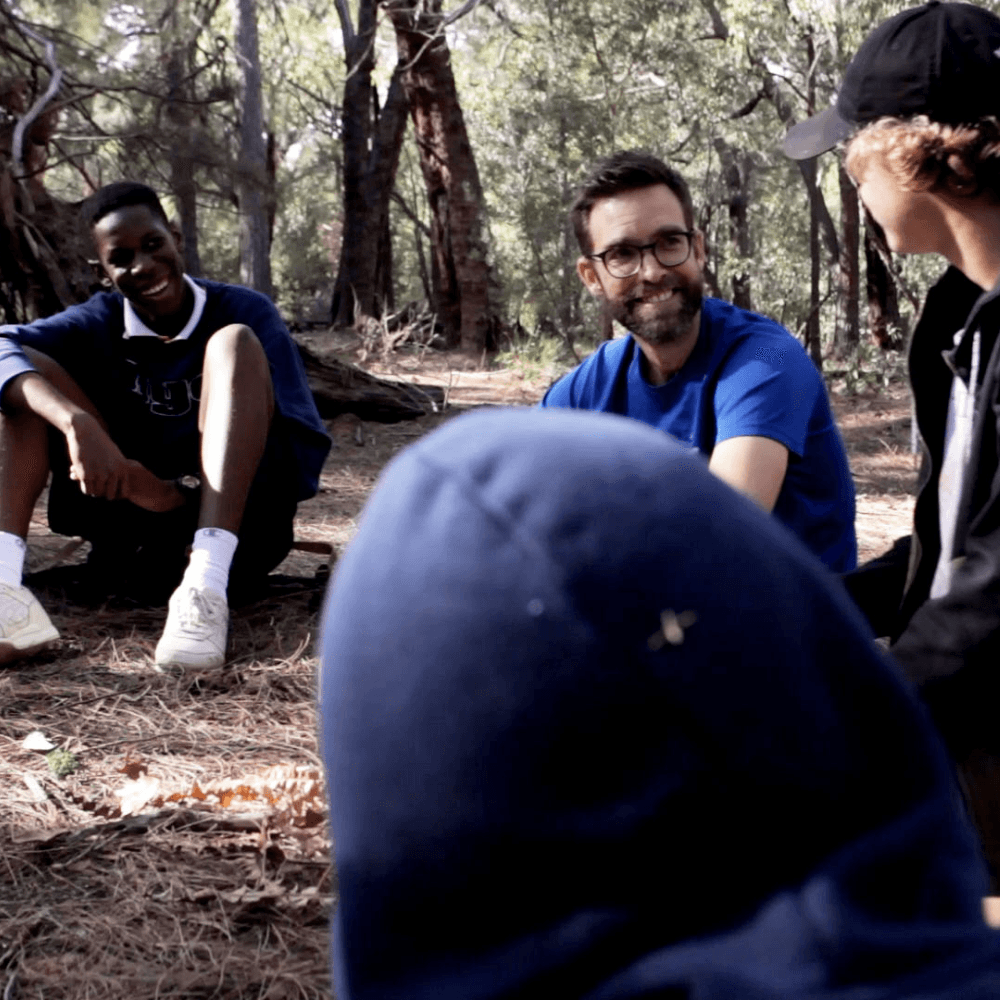Redefining Success in Schools: Beyond Grades to Emotional Intelligence and Self-Awareness.
“What if success in school wasn’t measured by grades, but by how students handle failure?”
Imagine opening your child’s school report to find something different from the usual grades and test scores. Instead of letters or percentages measuring maths or English, you read comments highlighting how your child handled conflict, connected meaningfully with peers, or bounced back after setbacks.
Picture your child being celebrated not just for academic achievement but for real-life moments of growth: taking responsibility for a mistake, supporting a classmate through a tough time, or stepping outside their comfort zone and trying again after failure. That’s a different kind of success—one that speaks to character, emotional intelligence, and resilience. Isn’t it time we started recognising and celebrating it, and redefining success in schools?
The Limitations of Traditional Academic Metrics
Standardized tests and academic benchmarks have long been the primary yardsticks for measuring student success. But these metrics, while valuable, don’t provide a complete picture. They fail to capture vital skills like coping with stress, collaborating effectively with peers, and adapting to unexpected challenges—skills increasingly essential in our rapidly changing world.
We’ve all encountered students who excel academically yet struggle socially or emotionally. They might achieve top grades but find it difficult to navigate relationships, regulate their emotions, or bounce back from setbacks. Conversely, many students who don’t fit the conventional mould of academic excellence demonstrate remarkable grit, empathy, and leadership—qualities that traditional assessments rarely capture.
Despite this, schools often reward academic achievement alone, overlooking these equally crucial aspects of development. This narrow approach can leave many students feeling disconnected, undervalued, and misunderstood. When success is defined solely by test scores, students who excel in other meaningful ways may internalize a sense of failure—not only academically, but personally.
Fortunately, research highlights the need to shift toward a broader perspective. Studies show a significant positive correlation between emotional intelligence (EI) and academic performance*, even after accounting for factors like intelligence and personality. In other words, students with stronger emotional intelligence tend to perform better academically, underscoring the importance of integrating emotional learning into our educational framework.
Recognizing and nurturing emotional intelligence doesn’t diminish the value of academic performance—it complements it, preparing students more effectively for success both in school and beyond.
The Role of Emotional Intelligence in Academic and Personal Success
Emotional intelligence encompasses the ability to recognize, understand, and manage one’s own emotions, as well as empathize with others. These skills are crucial for effective communication, conflict resolution, and stress management—all of which contribute to a student’s overall well-being and academic performance.
A study published in BMC Psychology in 2024 examined the relationship between emotional intelligence, psychological well-being, and academic achievement among university students**. The findings indicated that higher EI was associated with improved psychological well-being and academic performance, mediated by positive psychological characteristics such as self-efficacy and resilience. This underscores the interconnectedness of emotional and academic competencies.
Fostering Emotional Literacy and Resilience in Education
Developing emotional literacy—the ability to identify, understand, and express emotions—is a foundational step toward enhancing emotional intelligence. Educators can play a pivotal role in this process by creating environments that encourage open dialogue about emotions and by integrating social-emotional learning (SEL) into the curriculum.
Practical strategies for fostering emotional literacy include:
- Emotion Vocabulary Expansion: Teaching students a broad range of emotion words to help them articulate their feelings more precisely.
- Reflective Practices: Encouraging journaling or group discussions that allow students to reflect on emotional experiences.
- Mindfulness Exercises: Implementing mindfulness techniques to help students become more aware of their emotional states and reactions.
By incorporating these practices, schools can help students build resilience—the capacity to recover from setbacks and adapt to challenging circumstances.
AdventureWorks WA: Cultivating Emotional Intelligence Through Experiential Learning
At AdventureWorks WA, we believe true education goes far beyond academic achievement—it cultivates emotional intelligence, resilience, and a deeper sense of purpose. In our Into Adulthood and school-based programs, we intentionally design learning environments where these critical traits can flourish through immersive, facilitated group experiences in nature.
In these transformative settings, students explore essential questions:
- Who am I?
Students gain insight into their own values, thought patterns, and emotional responses, laying a foundation for greater self-awareness. - How do I show up?
Participants build awareness of their impact on others, learning the nuances of empathy, communication, and teamwork in real-world scenarios. - What do I stand for?
Young people discover their personal sense of purpose and direction, empowering them to navigate life with confidence and clarity. - What happens when I fail?
Students learn resilience by experiencing challenges firsthand, developing the ability to take responsibility, embrace setbacks, and rise stronger.
These aren’t hypothetical lessons. They’re lived experiences—messy, real, and transformational.
Our programs shift the focus from traditional measures of success toward holistic development, helping students grow into emotionally intelligent, resilient, and purpose-driven individuals.
Redefining Educational Success
As we rethink what it means to prepare young people for adulthood, we must move beyond the false divide between academic performance and emotional learning. These elements aren’t in competition—they’re complementary. After all, it doesn’t matter how effectively a student can solve an equation if they can’t regulate their emotions in moments of stress. It doesn’t matter how many essays they’ve mastered if they’re unable to communicate with clarity, empathy, and purpose.
Shifting toward a more holistic view of student development requires a deliberate effort from educators, policymakers, and communities alike. By embedding social-emotional learning into educational standards, providing teachers with professional development in emotional literacy, and creating supportive environments that foster emotional intelligence, we equip students for the multifaceted challenges of the modern world.
Let’s build an education system that celebrates the whole student—not just their grades, but their growth.





